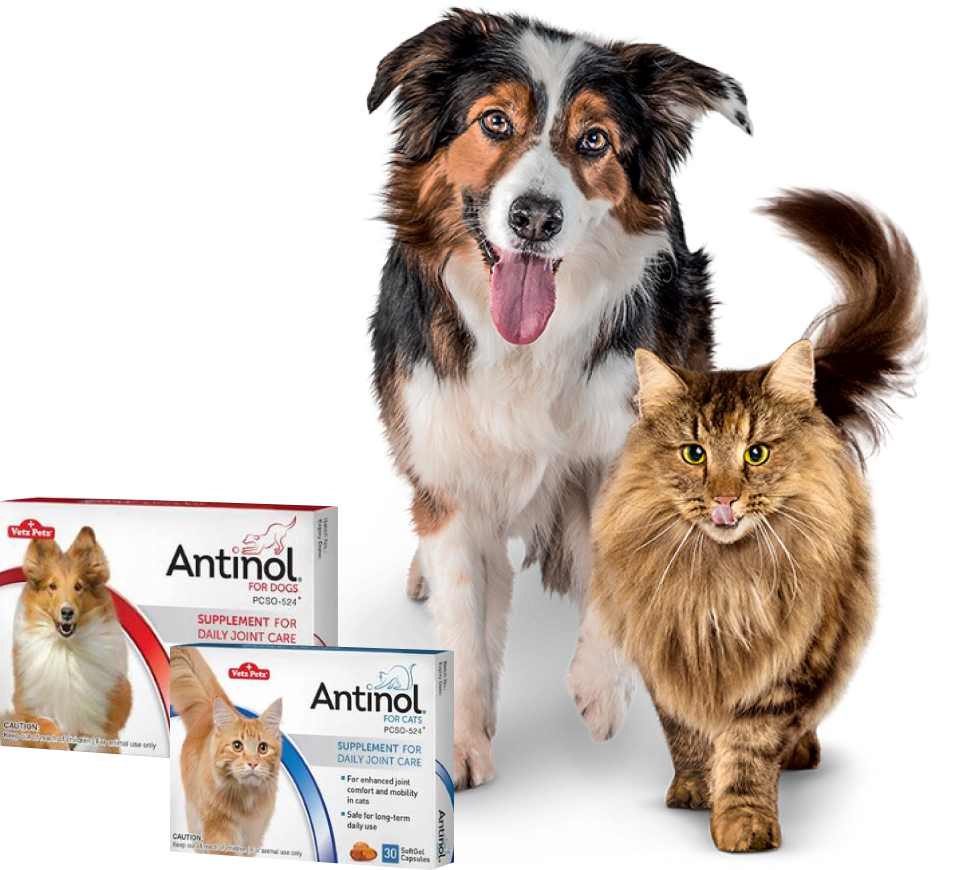What are over-the-counter medications for dogs?
Over-the-counter (OTC) medications for dogs are canine meds that can be purchased without a veterinarian's prescription. OTCs are regarded safe and effective when used in accordance with the guidelines on their packaging labels and as advised by a veterinarian.
The unsafe over-the-counter medications for dogs
Before we get into the OTCs that are safe for dogs, let's talk about some OTC blunders that some dog owners have made that result in major harm, including death, to their pets. The blunder is, giving your dog OTCs intended for humans!
While some OTCs intended for humans may be totally safe for administration to dogs, you should never give your dog human-made medicines without first consulting with your veterinarian. A dog’s body cannot break down some substances used in human medicine, such as acetaminophen. When you give such medications to your dog, the harmful chemicals adhere to the liver and progressively damage it.
Even human OTCs that are declared safe for dog use could be fatal to your dog. Many factors come into play here, including your dog's overall health, other prescriptions he or she is taking, as well as the breed, size, and age of the dog, among others. This implies that even if a fellow dog owner has success with a certain human OTC on his or her canine, it is not a guarantee that the OTC will have the same success with your dog.
The bottom line is that you should never give anything to your dog, including supplements for dogs or OTCs marketed as safe for dogs but not specifically intended for that dog, unless you consult a veterinarian first and get the go-ahead from him or her.
Remember that even for human medications that are suitable for dogs, the dosages for humans and dogs varies. Second, drug combinations could be harmful, thus even the safest medications should be administered properly as directed by a veterinarian. Finally, be wary of over-the-counter medications because many of them are not safe for dogs, even if they may be acquired without a prescription. If you provide an OTC to your pet without consulting a veterinarian, be prepared to deal with any harmful side effects, including possible mortality.
The over-the-counter medications that could be safe for dogs
Antihistamines, antidiarrheals like Loperamide, antinauseants, topical antibiotic ointments, famotidine for heartburn prevention, ant-fungal sprays, mineral oil, hydrogen peroxide for cleaning out superficial flesh wounds, artificial tears, and steroid sprays, gels, and creams are among the OTCs considered safe for dogs.
Antinol for dogs is also one of the main natural supplements for dogs and is among the dog supplements that have been established to be safe OTCs for dogs. As a result, you can use the antinol dog vitamin with most prescription-only medications.

The antinol supplement comprises PCSO-524, a unique patented marine lipid for the maintenance of joint metabolism in osteoarthritis conditions. The supplement helps the dog's metabolism's natural anti-inflammatory function, which keeps the dog mobile and its joints healthy.





Comments